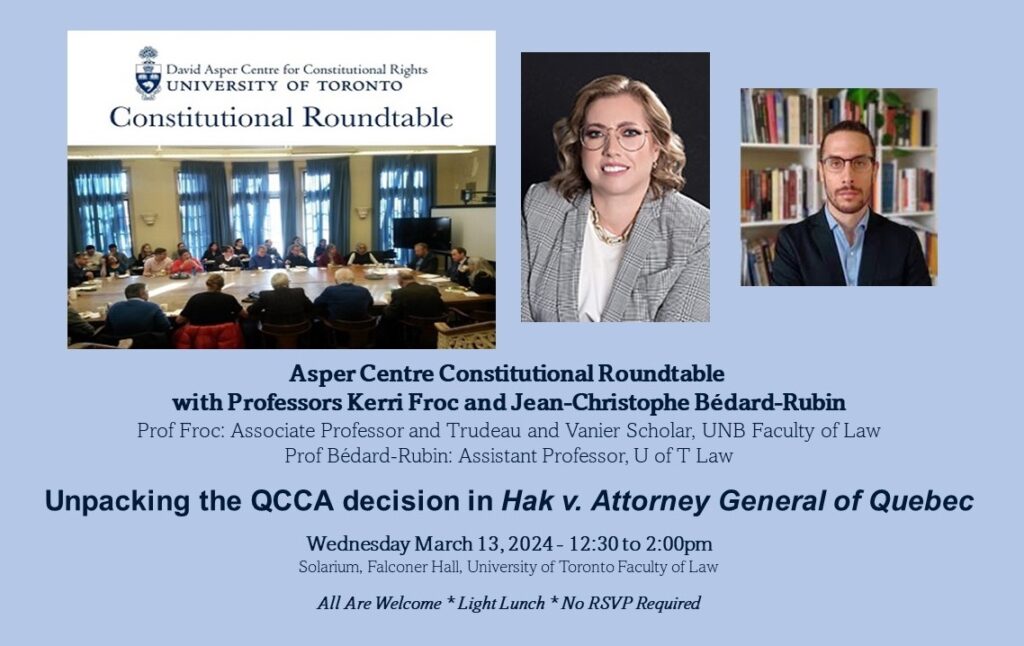By Daniel Minden
As the Trump administration and state governments ramp up efforts to regulate American universities, David M. Rabban, an expert on the law of academic freedom and professor at the University of Texas School of Law, highlights that the U.S. Supreme Court has recognized a distinct right to academic freedom under the First Amendment of the U.S. Constitution – but argues that this distinct right must be properly elaborated by courts and theorized by scholars.
On November 13, 2025, Rabban was hosted by the David Asper Centre for Constitutional Rights and the H.R. Jackman Faculty of Law Program on the Critical Analysis of Law for a lecture covering the interpretation of academic freedom as a First Amendment right.
The foundational Sweezy and Keyishian decisions
Rabban noted that although the text of the First Amendment does not explicitly refer to academic freedom, the Supreme Court of the United States identified academic freedom as a distinct right under the First Amendment in Sweezy v. New Hampshire, 354 U.S. 234 (1957), a McCarthy-era case arising from the state of New Hampshire’s investigation of a Marxist professor. In another landmark case, Keyishian v. Board of Regents 385 U.S. 589 (1967), the Court held that “Academic freedom is a special concern of the First Amendment” – an idea cited in hundreds of subsequent cases.
Despite the Court’s holding in Keyishian, Rabban argues that the Court has never adequately explained why academic freedom is “special,” and that the large majority of academic freedom cases lack a substantive analysis. To fill in the gaps, Rabban has focused on interpreting the meaning of academic freedom through research presented in his new book, Academic Freedom: From Professional Norm to First Amendment Right.
Interpreting the right to academic freedom
What exactly is protected by the right to academic freedom as currently understood by American courts? Rabban finds that courts have principally protected the content of teaching and research. At times, they extended the freedom further, to protect, for instance, the confidentiality of classroom discussions, the confidentiality of medical records, and confidentiality guarantees extended by historians to interviewees previously involved in the Irish Republican Army.
Other aspects of professors’ conduct have been treated inconsistently by courts. In some instances, courts have protected pedagogical decisions by professors when those decisions were justified on academic grounds as determined by peer academics. However, in Trustees of Indiana University v. Curry, No. 18-1146 (7th Cir. 2019), the United States Court of Appeals, Seventh Circuit, found that the plaintiffs’ argument that the use of fetal tissue in research was protected by the First Amendment was a “non-starter” since the statute forbidding the practice “regulates conduct, not speech.”
Professors’ “intramural speech,” specifically, their comments about university policies or public issues outside of their domain of specialty, has also been treated inconsistently by courts. Some decisions have extended the right to academic freedom to include a professor’s comments about university policies, but in most cases, courts have decided cases pertaining to intramural speech under the broader First Amendment umbrella.
In addition to professors, the U.S. Supreme Court has also protected the right of institutions to academic freedom. In Regents of the University of California v. Bakke, 438 U.S. 265 (1978), the Court affirmed a concurring decision from Sweezy which found that the “four essential freedoms” of a university are the rights “to determine for itself on academic grounds who may teach, what may be taught, how it shall be taught, and who may be admitted to study.”
The insufficiency of general First Amendment rights when applied to professors
Why is a specific right to academic freedom required, given the broader First Amendment? Rabban argues that general First Amendment rights as applied to professors are inadequate, necessitating the specific right.
To be protected speech under the general First Amendment, speech by public employees must be about matters of “public concern.” In cases involving professors, courts have excluded from the “public concern” such categories as “abstract theorizing,” criticism of university administrators, and comments by professors protesting the denial of tenure to other professors. These categories of speech are fundamental to the work of any professor but are left unprotected by general First Amendment rights, argues Rabban.
In addition, in Garcetti v. Ceballos, 547 U.S. 410 (2006), the U.S. Supreme Court held that the speech of public officials “pursuant to their official duties” is not protected under the First Amendment. Obviously, this rule restricting the scope of First Amendment rights would massively impede the protection enjoyed by professors, if applied to them. The Court even recognized the possible need to exclude professors from the Garcetti rule, but since the facts of the case did not involve academic freedom, the Court left aside the issue of the rule’s applicability to professors.
The need to theorize the right to academic freedom as a distinct First Amendment right
To compensate for the failure of the general First Amendment Rights to adequately protect professors, a specific right to academic freedom is needed, says Rabban. A proper theory of the right to academic freedom can both justify its existence and define its scope. Given the lack of U.S. Supreme Court jurisprudence adequately laying out the justification and scope of the right to academic freedom, Rabban has taken on this work himself.
As a starting point, Rabban cites a publication by the American Association of University Professors (AAUP) which contains, in his view, the best justification of academic freedom. The AAUP highlights professors’ unique function in society, which is to apply their expertise to the pursuit and dissemination of knowledge which is a benefit to society, a role which would necessarily be impeded if professors could not reach academic conclusions that meet academic standards but offend legislators or members of the public.
For Rabban, this unique role of the professor in society justifies the existence of a separate First Amendment right to academic freedom. The justification of the right can also help determine its scope. Rabban argues that the scope of the right must include pedagogical decisions and speech about educational issues at universities – but since the theory of the right relies on expertise to justify specific rights to academic freedom, the intramural expression of professors outside their expertise should not be protected by the right to academic freedom.
Academic freedom in Canada
During the question-and-answer period, one questioner noted that in Canada, the content of the right to academic freedom is generally seen as the right of professors not to be sanctioned by universities for exercising their general freedom of expression rights. The questioner noted that this Canadian conception of academic freedom is generally protected through collective agreements, rather than constitutional litigation. The efficacy of protecting academic freedom in Canada through collective bargaining is only possible because Canada has a much higher rate of faculty union membership as compared to the United States.
Current challenges in the United States
In concluding his talk, Rabban highlighted the current pressure being exerted by the U.S. federal government and state governments on academic freedom rights. Though Rabban accepts that legislatures do have a role in determining the general curriculum requirements for public universities, he contends that through their recent acts, legislatures are inappropriately supplanting the role of universities by determining the specific content of courses. These state acts are far more intrusive than previous state interventions such as the Cold War-era questioning of Professor Sweezy, argues Rabban.
Even though current state regulations have created a chilling effect and rendered certain American professors hesitant to teach about topics such as race and sex, Rabban argues that the right to academic freedom matters and is worth exercising despite the risk of penalties such as forced early retirement. Rabban notes that in times of totalitarian rule, academics have given up a great deal, including their liberty, to preserve the right to academic freedom. Rabban’s advice to academic colleagues is not to be chilled, and to exercise their rights.
Daniel Minden is a Research and Communications Assistant with the Asper Centre. He is a 1L JD candidate at the University of Toronto Jackman Faculty of Law.

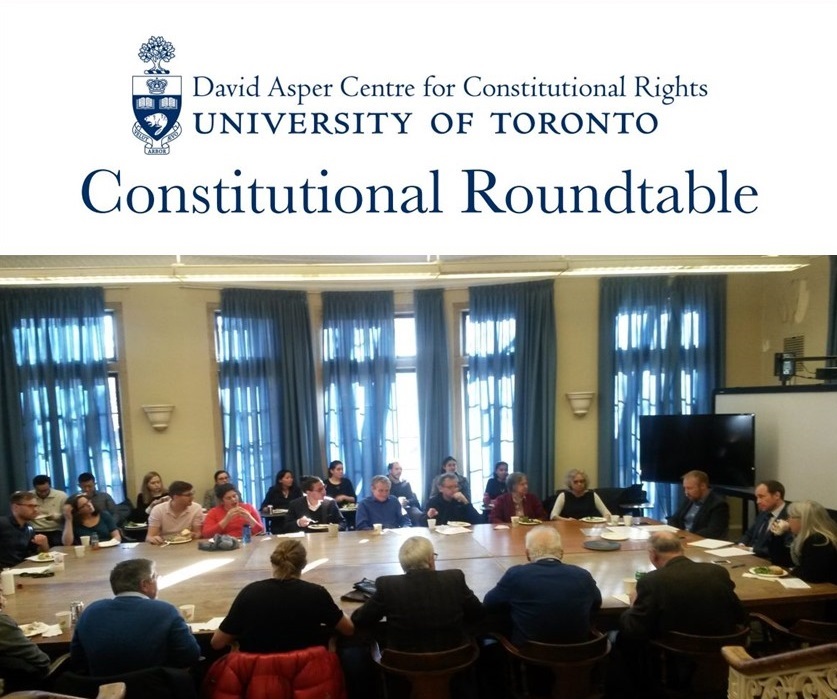
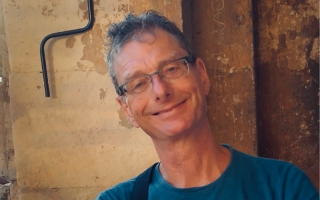
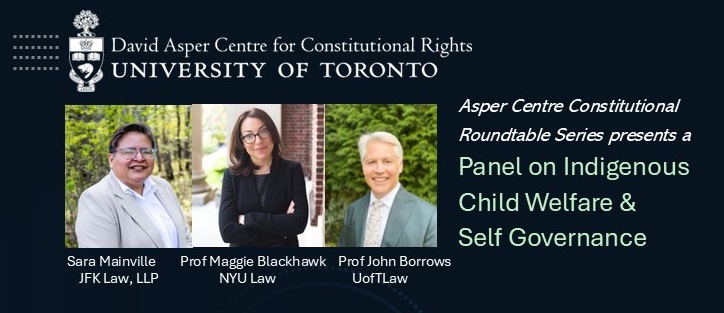
 Maggie Blackhawk
Maggie Blackhawk
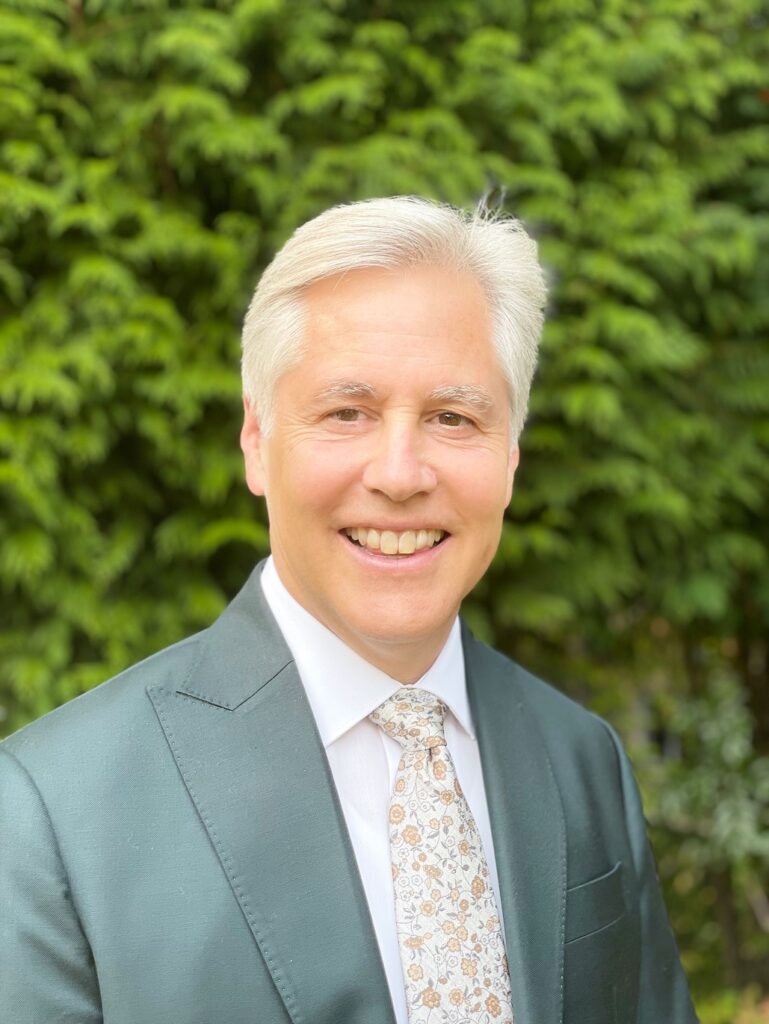 John Borrows
John Borrows